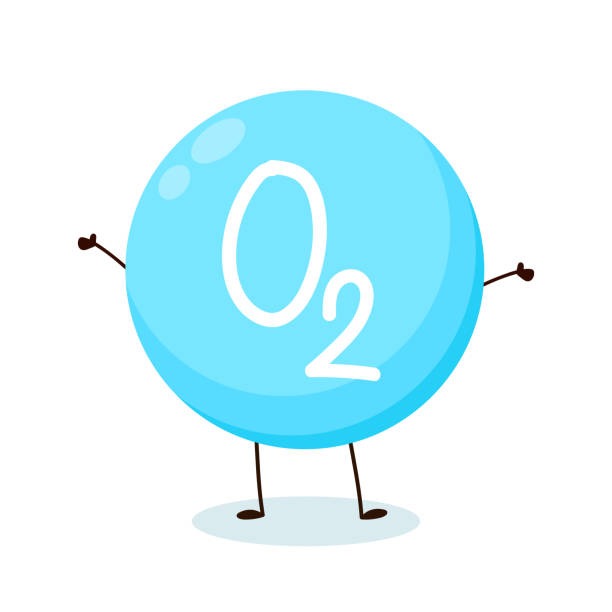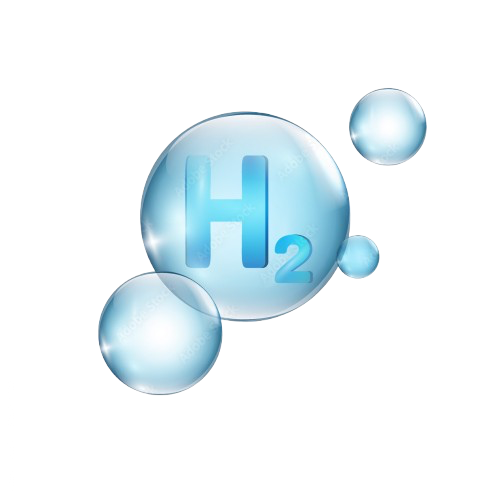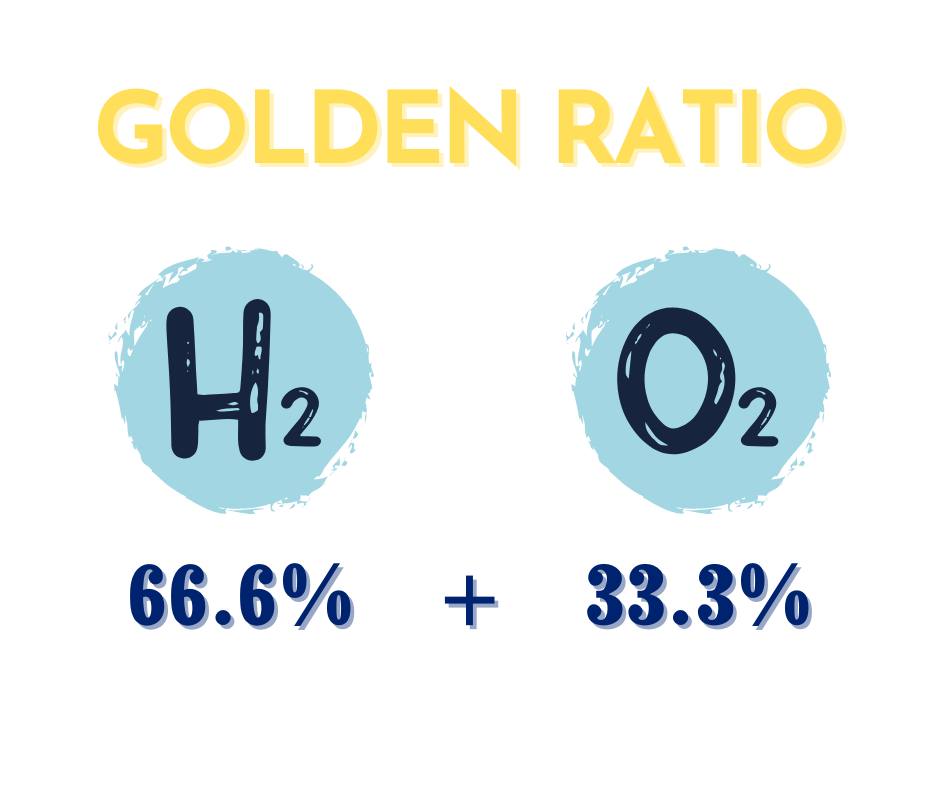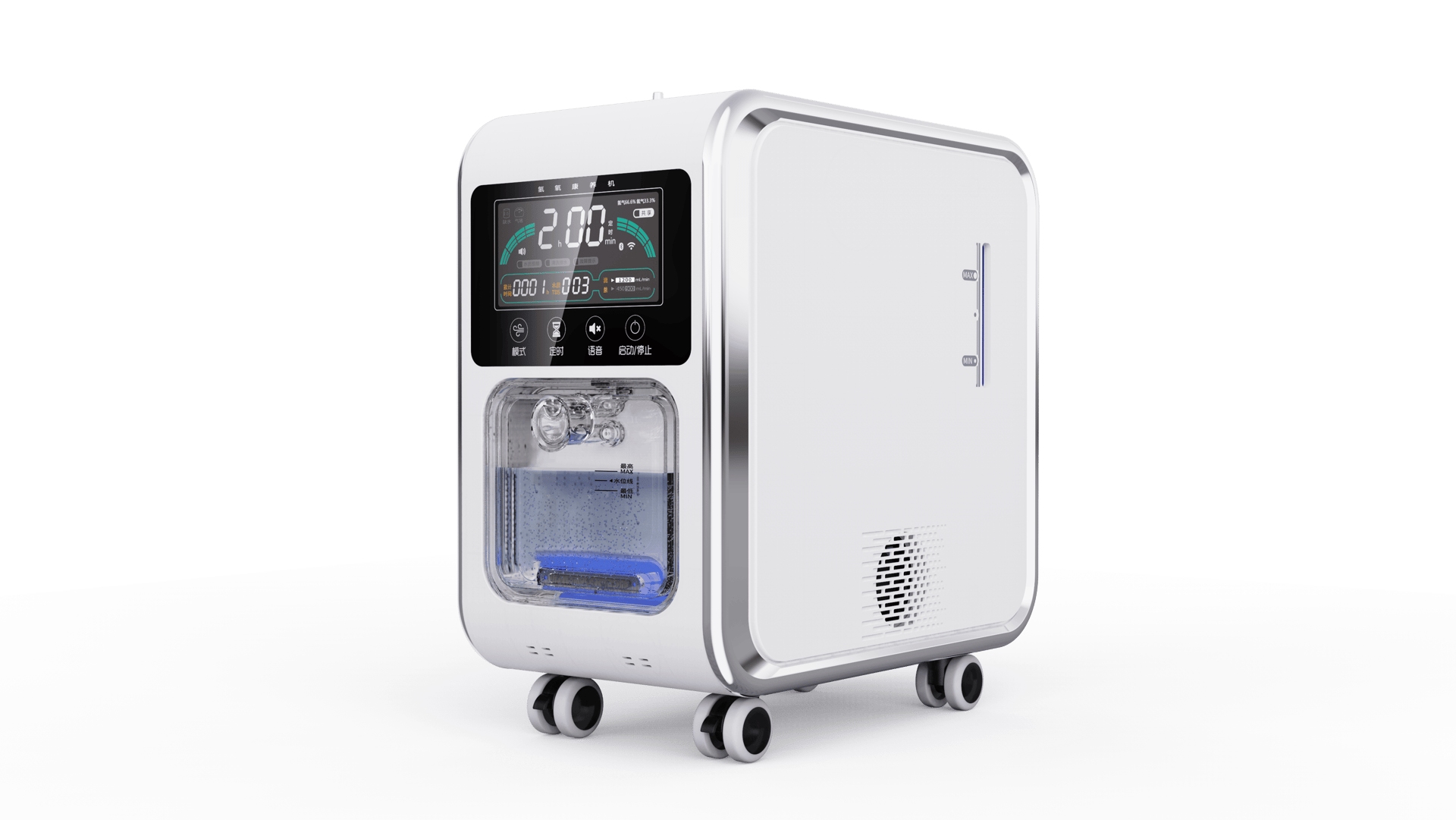Hydrogen Inhalation vs Oxygen Inhalation: The Key Differences You Should Know
In recent years, more and more people have become health-conscious. Both oxygen inhalation and hydrogen inhalation have gained popularity — but what’s the real difference between them? This article breaks it down for you in a simple way!
WELLNESS INSIGHTS BLOG
10/9/20253 min read


🌬️ Oxygen Inhalation:


Oxygen is the fundamental source of life.
About 90% of the body’s energy is generated through metabolic reactions involving oxygen.
When blood oxygen levels drop too low, symptoms such as dizziness, shortness of breath, and chest tightness may occur — and in severe cases, it can even be life-threatening.
Who is it for?
Oxygen inhalation is typically used for:
Conditions involving oxygen deficiency such as COPD, heart disease, or high-altitude reactions;
Clinical emergency treatments, for example, patients in severe condition due to COVID-19.
Important Note:
For healthy individuals, long-term inhalation of pure oxygen may cause oxygen toxicity, leading to nausea, blurred vision, and chest discomfort.
Therefore, oxygen therapy should always be used under medical supervision — it is not recommended as a daily wellness method.
💧 Hydrogen Inhalation:
Hydrogen is a unique antioxidant molecule.
It can easily penetrate cell membranes and the blood-brain barrier, selectively neutralizing the most harmful free radicals (hydroxyl radicals) while preserving the “beneficial” free radicals needed for normal bodily functions.
Research has shown that hydrogen inhalation can help:
Slow down aging and boost mental alertness;
Regulate blood sugar and metabolism, improving insulin resistance;
Strengthen the immune system and reduce chronic inflammation.
Easy to incorporate into your daily routine:
Inhaling hydrogen for one hour before bed can help promote relaxation, improve sleep quality, and reduce fatigue.
Some people also choose hydrogen-oxygen mixed inhalation, where oxygen provides energy while hydrogen repairs cells — offering even better results!


⚖️ Oxygen and Hydrogen:
Different Roles, Complementary Effects
From a physiological standpoint:
Oxygen provides energy to keep cells functioning normally;
Hydrogen helps with repair, antioxidant defense, and inflammation reduction.
When combined (hydrogen-oxygen inhalation), they deliver a dual effect of “energy + protection” —
enhancing oxygen supply while reducing oxidative damage,
helping the body maintain a more balanced and resilient state.
For example:
After exercise, hydrogen-oxygen inhalation may help reduce muscle fatigue;
For patients with chronic respiratory diseases, it can help ease breathing difficulty and inflammation.


EzyLife Hydrogen-Oxygen
Gas Generator
(66.6% Hydrogen + 33.3% Oxygen)
💡 Summary:
Hydrogen-Oxygen Combination —
The Future of Health and Wellness
Both hydrogen and oxygen play vital roles in maintaining health.
Oxygen is mainly for “emergency support,”
while hydrogen focuses on “daily maintenance and cellular protection.”
In terms of safety, hydrogen is non-toxic and safe for long-term use,
while oxygen, when used properly, can also provide significant health benefits.
That’s why hydrogen-oxygen inhalation is emerging as a new trend in holistic health management —
ideal for those who wish to boost vitality, improve sleep, and prevent chronic diseases.
📲 To learn more about the Hydrogen-Oxygen Gas Generator, click the WhatsApp button below to get more information!


“Timely Support” When the Body Lacks Oxygen
“Daily Wellness” from an AntioxidantPerspective
Bio Young Wellness
Look Young, Feel Young, Stay Young
Contact Us
Bio Young Wellness Sdn. Bhd. @ 2024. All rights reserved.
support@bioyoungwellness.com
Quick Links
202101020499(1420799-P)


